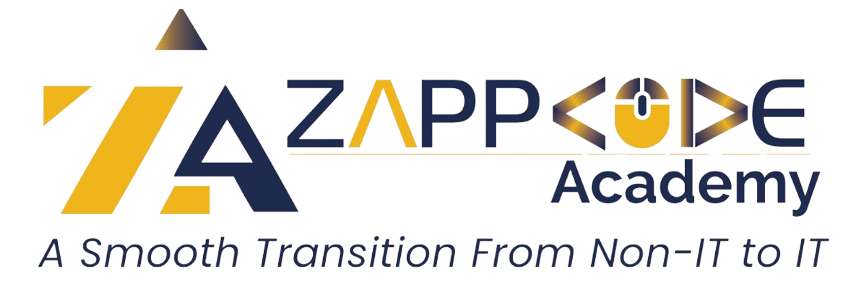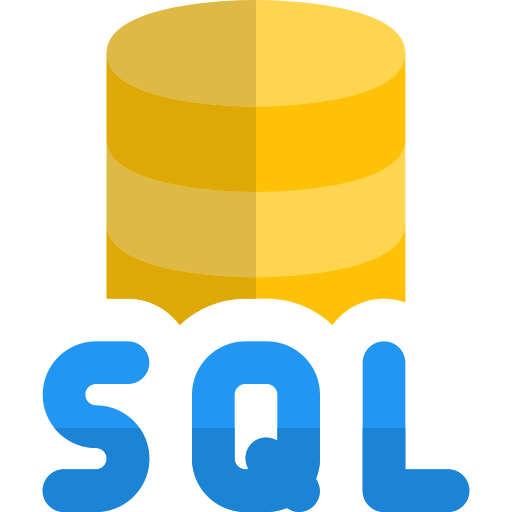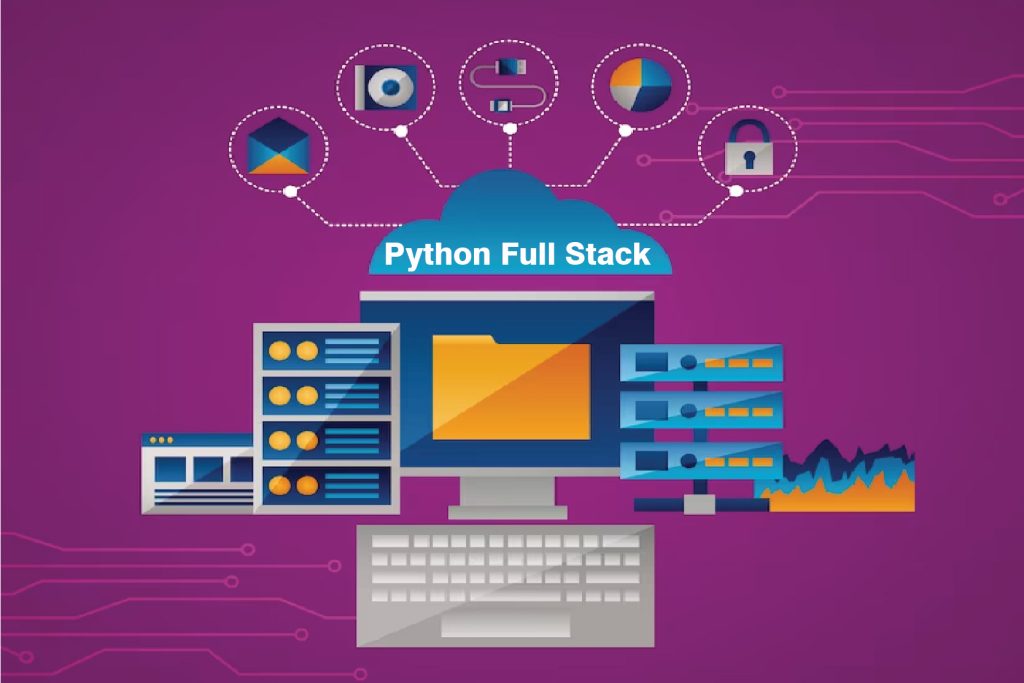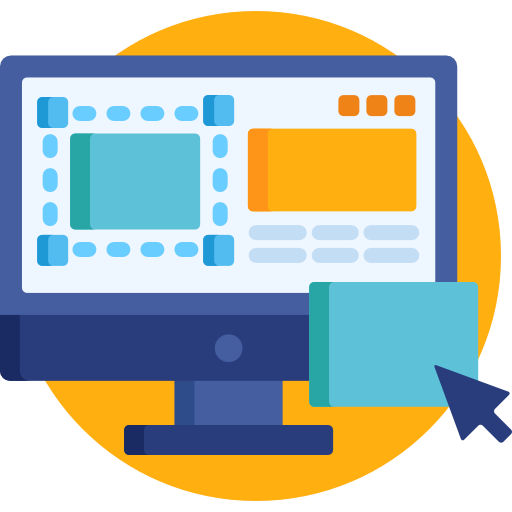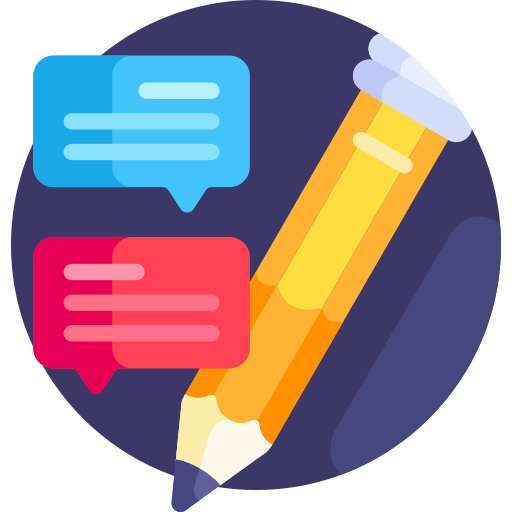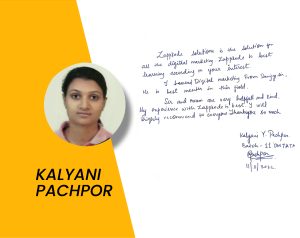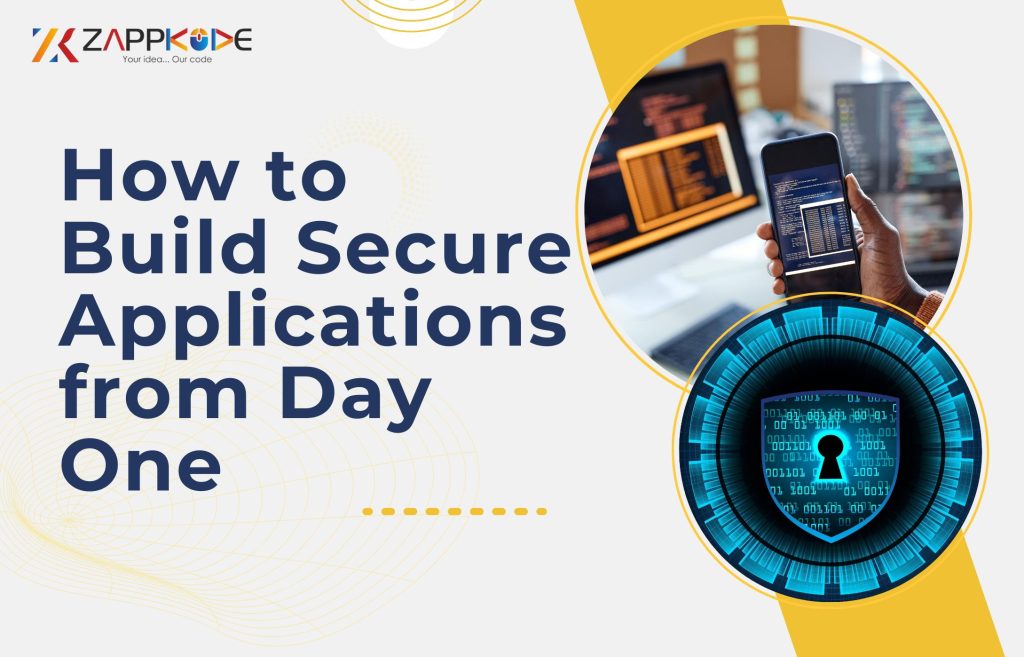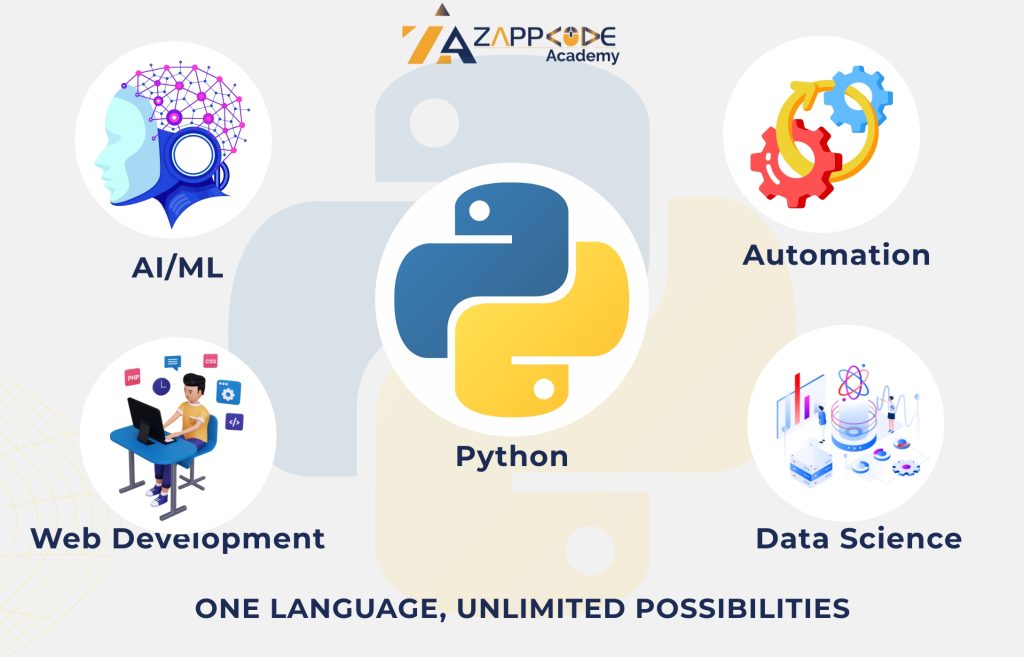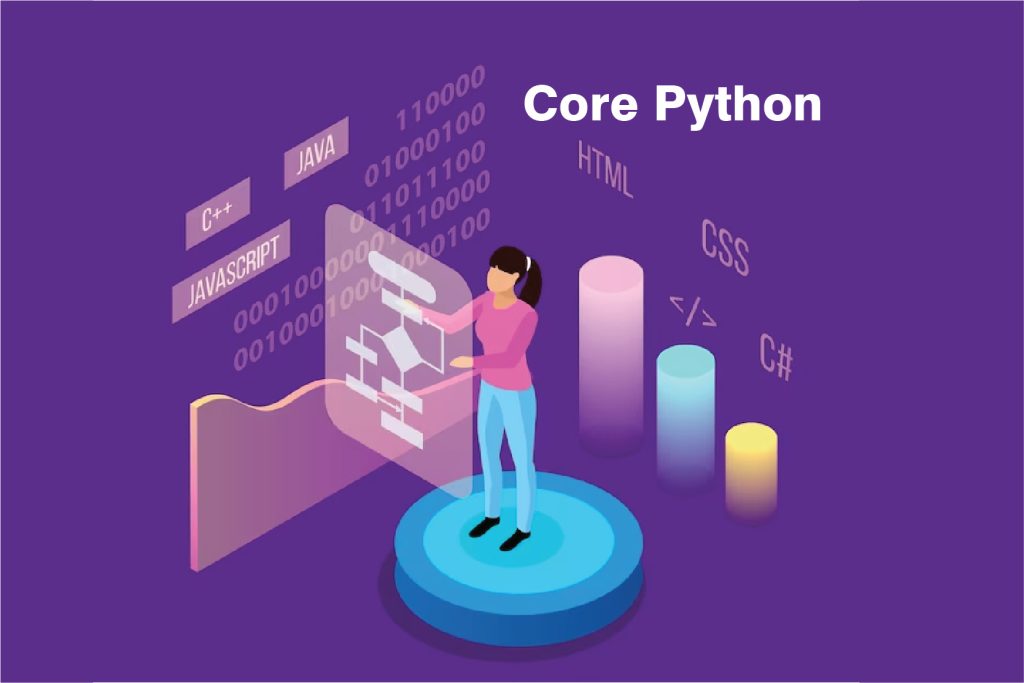Enroll Now
core Python
Our Core Python course teaches you practical skills you can use in real-world projects. Apply what you learn to solve problems and build applications with confidence.
Download
- Expert Trainer
- Affordable Fees
- Placement Opportunities
- Hands on Training
- Flexible Timings
- Industry Based Training
Attend Free Demo
Fill the details and we will call you for further guidance
Certified Python Course
Starting out in programming? Our Core Python course in Nagpur is a great place to begin. We cover the basics of Python, including variables, data types like integers and strings, and operators for calculations. You’ll also learn how to use conditional statements to make decisions and loops to automate repetitive tasks.
The course emphasizes practical skills, so you’ll get hands-on experience applying what you learn to real-world problems. With a focus on building effective and functional applications, you’ll gain the confidence and knowledge to start your programming journey on the right foot. Join us in Nagpur and start mastering Python today!
If you’re ready to dive into programming, exploring Python can be a great starting point. Our Core Python course in Nagpur offer a valuable opportunity to build a solid foundation. Whether you prefer a classroom setting with direct interaction or an online course that fits your budget and schedule, you’ll find a variety of options to match your needs.
In our Python Course in Nagpur, you’ll be guided by experienced instructors who break down the core principles of Python in a way that’s easy to understand. They’re there to answer your questions and help you tackle any tricky parts of the language. The course is designed to be flexible, so you can learn at your own pace and in a way that works best for you.
But it’s not just about learning the basics. These courses also prepare you for advanced areas like web development, data science, machine learning, and automation. With Python’s versatile capabilities, you’ll be equipped to explore various fields and open doors to many opportunities in programming. Starting with a Core Python course in Nagpur is an excellent way to kick off your coding journey and build skills that will serve you well throughout your career.
Highlights of Zappcode Academy
Limited Students Batch
Personalised Attention
Highly Qualified Teachers
Flexible Batch Timings
Interactive Learning
Live Projects
Career Support
Job Oriented Training
Why Core Python in Zappcode?
Solid Foundation
Build a rock-solid understanding of Python syntax, data structures, and control flow with Zappcode’s Core Python course in Nagpur. This sets you up for success in advanced topics and diverse programming domains.
Interactive Learning
Zappcode’s Core Python course in Nagpur go beyond lectures. Their interactive learning environment fosters active participation, making the process engaging and effective.
Experienced Instructors
Gain knowledge from Zappcode’s experienced instructors. They can guide you through their Core Python course in Nagpur, address your questions, and provide valuable insights.
Project-Based Learning
Solidify your skills through practical application. Zappcode incorporates project-based learning into their Core Python course in Nagpur, allowing you to apply your knowledge to real-world scenarios.
Get 100% Job Assistance By Enrolling In Our Certified Core Python Course
Job Assistance
30+ Companies Tie-ups
Enroll Now
Placement Initiative for our Students

Zappcode Academy's Job Assistance Program
Equips students with the skills and confidence to succeed in Core Python interviews. They provide Interview preparation Guidance on interview techniques, common questions, and how to showcase your digital marketing knowledge.
- Assured Training and Placement
- Placement Guidance
- Resume Building
- Mock interviews
- Drive Exams
- Provide Internship in Zappkode Solutions
Attend Free Demo
Fill the details and we will call you for further guidance
Core Python Course Curriculam
Our Curriculum Program Covers Basic To Advance Level Content on Core Python
- Install Python and set up the environment
- Python syntax, keywords, and basic data types (Numbers & Strings)
- Variables & Identifiers
- Operators & input() and print() functions
- Formatting strings
- Mini Projects Week 1
- Practice Sets Week 1
- Conditional Statements
- Loops
- Loop control statements (break, continue, pass)
- Basic and nested list comprehensions
- Mini Projects Week 2
- Practice Sets Week 2
- Lists
- Tuples
- Dictionaries
- Sets
- Nested List & Dictionaries
- Mini Projects Week 3
- Practice Sets Week 3
- Defining and calling functions
- Parameters, arguments, and return values
- Lambda functions
- *args and **kwargs
- Importing and using modules
- Creating and using packages
- Mini Projects Week 4
- Practice Sets Week 4
- Reading from and writing to files
- Working with file objects
- Handling exceptions with try, except, finally
- Custom exceptions
- Mini Projects Week 5
- Practice Sets Week 5
- Defining classes and creating objects
- Instance/Class variables and methods
- Inheritance and polymorphism
- Encapsulation & Abstraction
- Special Methods – __init__, __str__, __repr__, and other magic methods
- Mini Projects Week 6
- Practice Sets Week 6
- Function decorators and class decorators
- Creating and using iterators
- Generator functions and expressions
- Using the re module for pattern matching
- Common regex patterns
- Mini Projects Week 7
- Practice Set Week 7
- Introduction to Git
- Basic Git Workflow
- Branching and Merging
- Remote Repositories with GitHub
- Collaboration on GitHub
- Forking and Pull Requests
- Mini Projects Week 8
Download Syllabus Broucher for more details
Download
Get Training Certificate
- Get Certified Training
- Valid for all Jobs and College Training
- International Recognition
- Validate Your Skills

Students Placed and Hired in Companies












ENQUIRY FOR Core Python COURSE FEES
Enroll Now
Frequently Asked Questions
In basic Python, we first learn the basics such as variables, types of data (numbers, text, lists), arithmetic and comparison operators, and decision-making with conditional statements. The other core concepts include loops(repetition) and functions(reusable code blocks).
No, it’s not necessarily required. The main goal of Core Python is to be easily understandable for learners of the language. Even though a minimal knowledge of computers and thinking critically will serve as an advantage.
Core Python which is the pillar of many other programming domains. It allows you to work in web development, data analysis, scripting automation, and possibly machine learning if you put in enough effort.
The internet for its part has several online tutorials, interactive platforms, and even classroom-based classes offered by education institutes. There are many sources for different learning styles and affordability.
Sometimes depends on your prior experience and the effort you are going to devote. Due to focused studies, you will be in the position to learn the Core Python’s fundamentals within a few weeks to a few months.
Inteview Questions
Common data types include integers (whole numbers), floats (decimals), strings (text), booleans (True or False), and lists (collections of items). When choosing a data type, consider the kind of data you’ll store. Integers are ideal for whole numbers, floats for decimals, strings for text, and booleans for true/false values. Lists can hold various data types and are flexible for storing collections.
Both lists and tuples are used to store collections of items. However, lists are mutable (meaning you can change their contents after creation), while tuples are immutable (their contents cannot be changed after creation). Use lists when you need to modify the collection and use tuples when you need a fixed, unchangeable data structure.
A loop is a control flow statement that allows you to repeat a block of code a specific number of times or until a certain condition is met. There are two common loop types: for loops (iterate over a sequence of items) and while loops (continue iterating as long as a condition is true). Loops help automate repetitive tasks, like processing elements in a list or performing calculations multiple times.
Functions are reusable blocks of code that perform a specific task. They take inputs (arguments) and can optionally return outputs. Functions promote code organization, readability, and maintainability. By breaking down your code into functions, you can avoid redundancy and make your code easier to understand and modify.
Python provides mechanisms for handling errors (exceptions) that may occur during program execution. You can use the try…except block to define the code to be executed and how to handle potential errors that might arise within that block. This helps prevent your program from crashing unexpectedly and allows you to provide informative error messages or take corrective actions.
Latest Blogs
How to Build Secure Applications from Day One
In today’s digital age, building secure applications is no longer...
Read MoreHow Short-Term IT Courses Can Land You a High-Paying Job
In today’s fast-paced digital world, not everyone has the time—or...
Read MoreWhy Python is the First Programming Language You Should Learn
In today’s fast-paced digital world, learning to code has become...
Read MoreWhat Is The Main Difference Between SEO And SEM
Grasping what is the main difference between SEO and SEM...
Read More